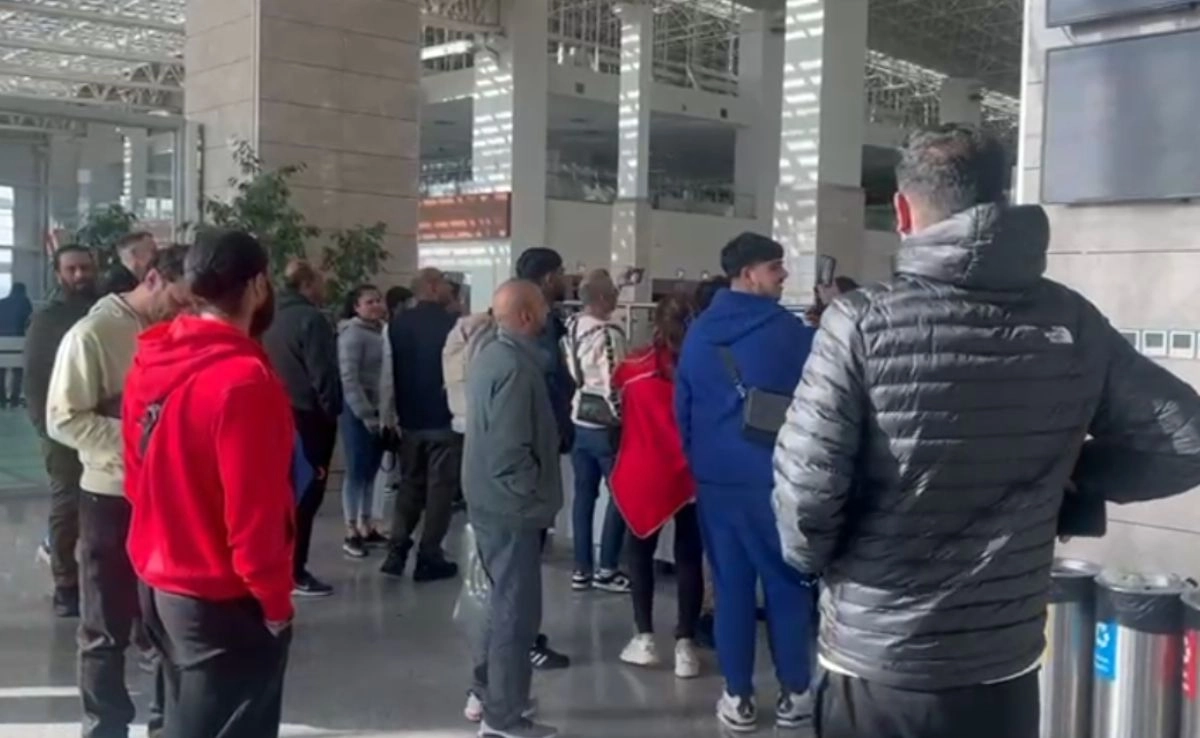A recent flight from London to Mumbai faced an unexpected diversion, landing in Turkey, which left passengers stranded for over 30 hours. The incident occurred due to unforeseen circumstances that required the aircraft to divert from its original route. Passengers onboard were understandably frustrated as they dealt with the logistical challenges of being in an unfamiliar location. The airline’s inability to provide timely updates and assistance exacerbated the situation, leading to a sense of uncertainty among travelers.
Upon landing in Turkey, passengers expected to receive prompt support and alternative travel arrangements. However, the reality was quite different. Many found themselves stuck in the airport with limited information about their next steps. Some reported long wait times for food and accommodations, while others struggled to communicate with airline representatives. The situation drew significant attention on social media, as passengers shared their experiences and called for better treatment from the airline.
As the hours stretched into a day and beyond, the stranded travelers expressed their concerns, not only about their immediate circumstances but also about the impact this delay would have on their plans in Mumbai. Many passengers had connecting flights or important commitments waiting for them upon arrival. The airline eventually began to coordinate efforts to address the situation, but the initial lack of communication left many feeling anxious and neglected. As the ordeal unfolded, it served as a reminder of the complexities and unpredictability of air travel, especially in a world still grappling with the effects of the pandemic.




